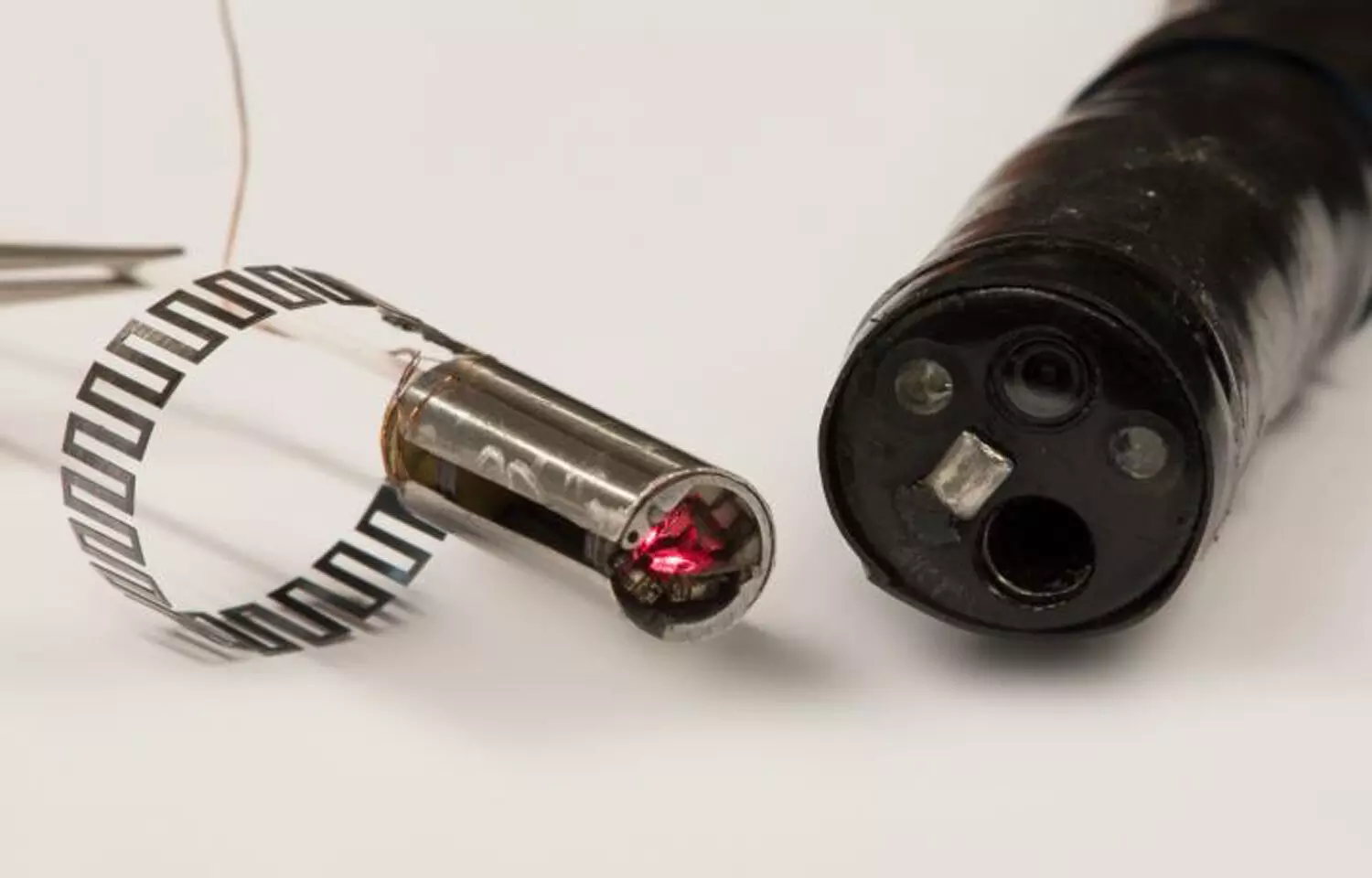Laser Hair Removal Proves Effective for Hidradenitis Suppurativa, reveals research

Researchers have found that laser hair removal (LHR) significantly improves the severity of hidradenitis suppurativa (HS), a chronic inflammatory skin condition. A recent systematic review highlights the potential of various laser modalities in treating HS with minimal adverse effects. The study was published in the journal Lasers in Surgery and Medicine by William D. and colleagues.
Hidradenitis suppurativa (HS) is a debilitating condition marked by painful nodules, draining tunnels, and scarring in areas where skin rubs together. The disease stems from follicular occlusion and rupture, leading to uncontrolled inflammation. Traditional treatments often lack efficacy and consistency. Laser hair removal (LHR) has emerged as a promising treatment, but its effectiveness and the best laser types for HS remain uncertain.
A thorough literature search was conducted across Ovid MEDLINE, Ovid Embase, and The Cochrane Library (Wiley) up to September 2023. The review included studies that met specific inclusion and exclusion criteria. A meta-analysis was performed on selected studies to evaluate the efficacy and adverse effects of LHR in HS.
-
Study Population: 227 patients across ten studies.
-
Laser Modalities: Long-pulsed Nd
-
(n=115), intense pulsed light (n=18), Alexandrite (n=54), intralesional 1064 nm diode (n=20), combined fractional CO2 and long-pulsed Nd
-
(n=20).
-
Efficacy: Significant improvement in HS severity with all laser types.
-
Meta-Analysis: Standardized mean difference in disease severity with long-pulsed Nd
-
laser of -1.68 (95% CI: -2.99; -0.37).
-
Adverse Effects: Minimal, primarily mild pain and erythema.
The findings indicate that LHR is an effective treatment for HS, attributable to the destruction of hair follicle units, which play a critical role in HS pathogenesis. Despite the heterogeneity of the condition and the use of various disease scoring methods, LHR consistently improved HS severity. Laser hair removal, employing various laser techniques, significantly improves hidradenitis suppurativa severity with minimal adverse effects. This treatment modality offers a promising option for managing this challenging condition. Further research is necessary to standardize scoring methods and optimize laser protocols for broader clinical application.
Reference:



